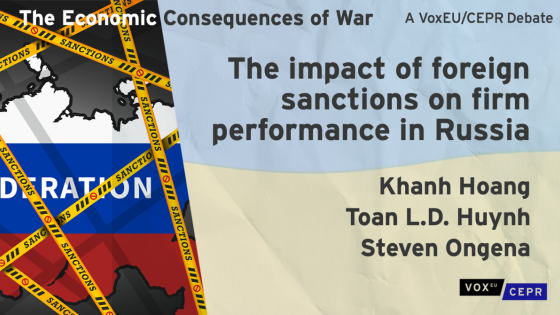DP7153 An empirical analysis of cellular demand in South Africa
We analyze demand for prepaid cellular voice and short message service (SMS) in South Africa by means of a demand-and-supply structural model based on a multinomial specification fitted to a cross-sectional data set on Vodacom customers collected in 2005. We find that consumers are very sensitive to changes in prices, with higher price elasticities than those typically found in developed countries. Consumers attach a higher value to communications during peak hours but since these are priced highly, they are as much as twice more elastic than off-peak communications. In relative terms, demand for communications during peak hours is more elastic for urban than for rural consumers, while the reverse can be said about demand for off-peak hours. The highest valuations are those placed by rural consumers on working hour communications. A policy implication of our analysis is that while in terms of access cellular deployment in South Africa has gone a long way into bridging the gap between the ``first'' and ``second'' economies, in terms of usage if market organizations or regulatory institutions were to encourage further investment in network availability in rural areas this could be rewarding both for the firm and its rural customers.


